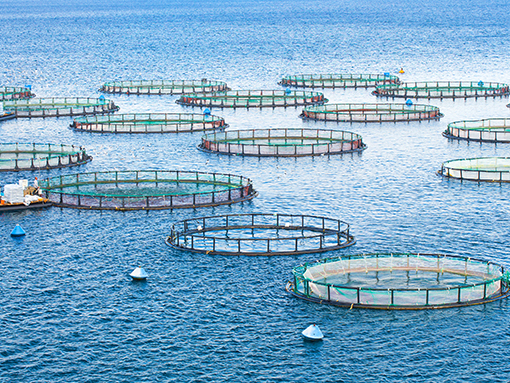
I. INTRODUCTION TO AQUACULTURE (1 ECTS)
Relevance of Aquaculture. Current status of various production categories. Aquaculture evolution in geographic regions.
International and multicultural experience
A unique opportunity to study and work with students and experts from different countries.
Lecturers of recognized experience
More than 40 professionals in aquaculture, from Spain and various other countries, each a specialist in their own field.
Innovate and multidisciplinary programme
Updated content of the most innovative scientific and technological bases that support the development of aquaculture.
Initiation to research in reputed institutions
Implementation of a research project and the Master's thesis in ULPGC research groups or in collaborating institutions or companies.
Official degree
The official Spanish University Master’s degree will be awarded by the ULPGC and CIHEAM will award its Master of Science degree. At the end of the first year the CIHEAM will award its Postgraduate Specialization Diploma.
The first year (60 ECTS) provides intense basic training in all fields of aquaculture through theoretical and practical classes, taking place from October 2024 to June 2025. These activities are supplemented with field visits and seminars. The course will be taught at the Scientific and Technological Park, and requires full time participation. The total duration of the course will be 600 teaching hours.

Relevance of Aquaculture. Current status of various production categories. Aquaculture evolution in geographic regions.
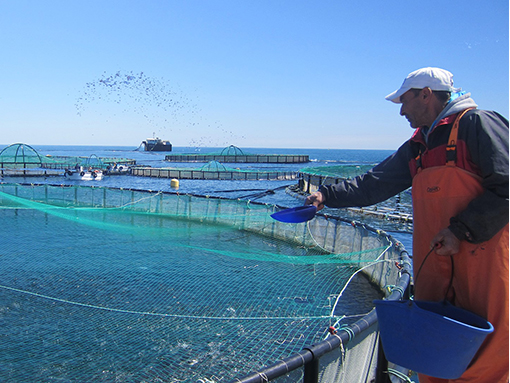
Physiology of nutrition. Nutritional requirements and dietary ingredients: lipids, proteins, carbohydrates, vitamins and minerals, nutritional energy.
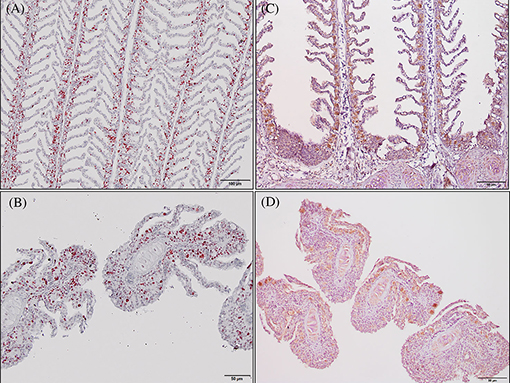
Animal welfare in aquaculture. General and specific anatomic pathology in cultured fish. Immunology. Major viral diseases. Major bacterial diseases. Parasitic diseases caused by fungi. Non-infectious diseases. Prevention and treatment of diseases.
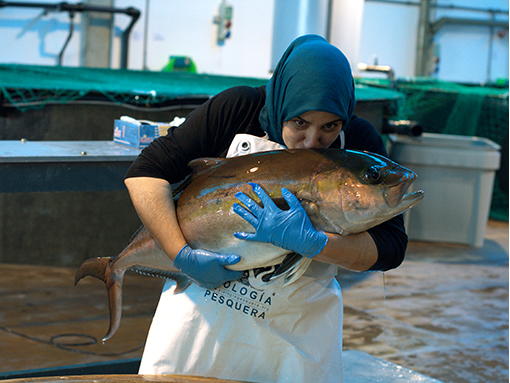
Physiology and control of reproduction in shellfish and crustaceans. Physiologi¬cal regulation mechanisms of reproduction in teleosts. Induced reproduction in bivalve molluscs and decapod crustaceans. Induced reproduction in teleosts. Broodstock management in fish. Design of facilities. Food and nutritional requirements of broodstock.
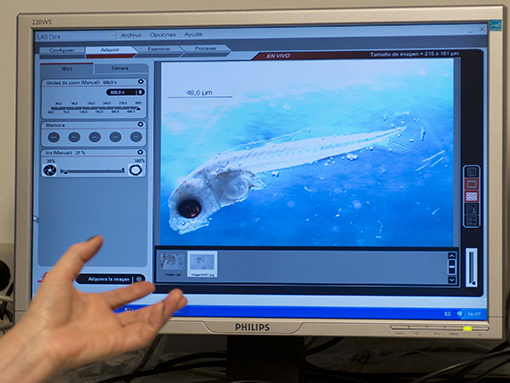
Animal welfare in aquaculture. General and specific anatomic pathology in cultured fish. Immunology. Major viral diseases. Major bacterial diseases. Parasitic diseases caused by fungi. Non-infectious diseases. Prevention and treatment of diseases.
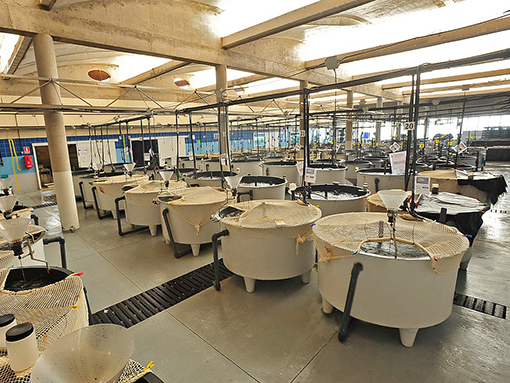
Pipe water systems. Pumping systems. Aeration and oxygenation systems. Hatchery design, nurseries and on-growing facilities.
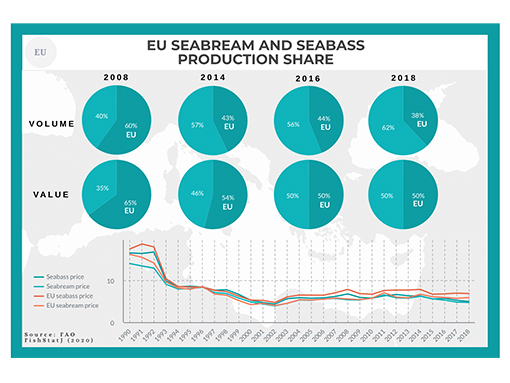
Financial-economic assessment of projects. Design and project development. Feasibility studies. Marketing and commercialization. Management of research projects.
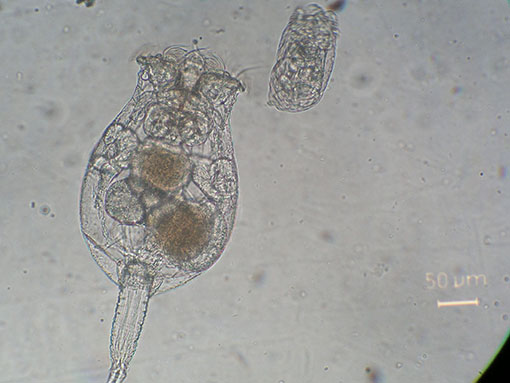
Auxiliary cultures. Compared production techniques. Larval development histology. Mesocosmos technology. Algae culture. Recent advances in larval feeding. Hatchery techniques.
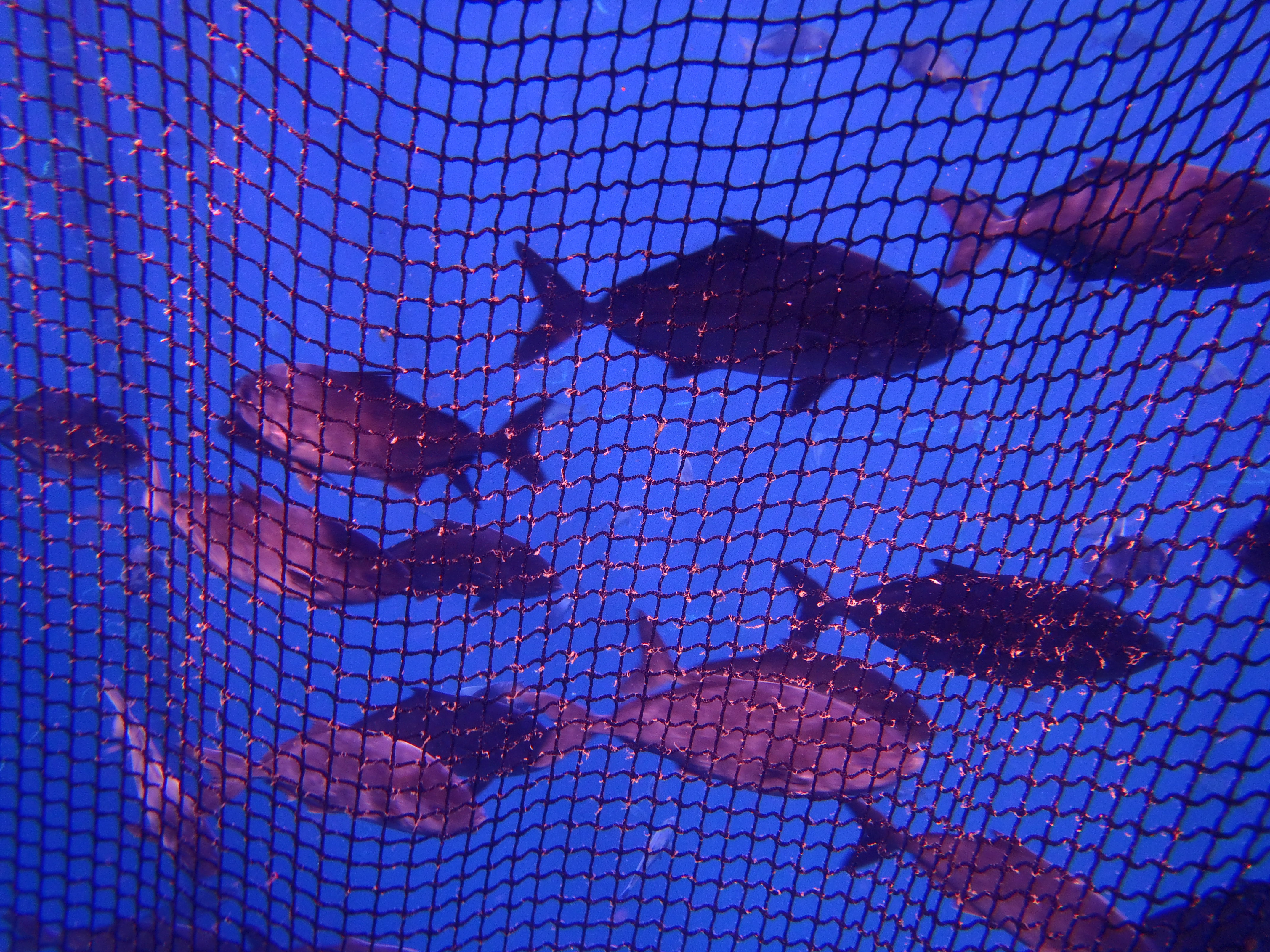
On-growing in extensive systems. On-growing in intensive on-land systems. On-growing in intensive sea farming systems. Pellets in aquaculture: nutritive value and fish colour. Overall fish fillet quality. On-growing techniques.
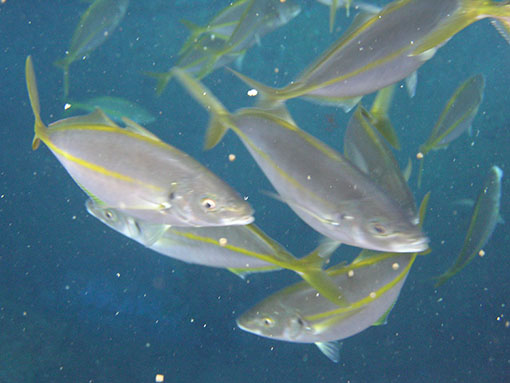
Macroalgae culture. Mussel culture. Oyster culture. Clam and cockle culture. Scallop culture. Peneids and Macrobrachium culture. Catfish culture. Tilapia culture. Carp culture. Salmonid culture. Halibut culture. Turbot culture. Seabass and seabream culture. New species culture. Alternative culture systems. Fish aquaria.
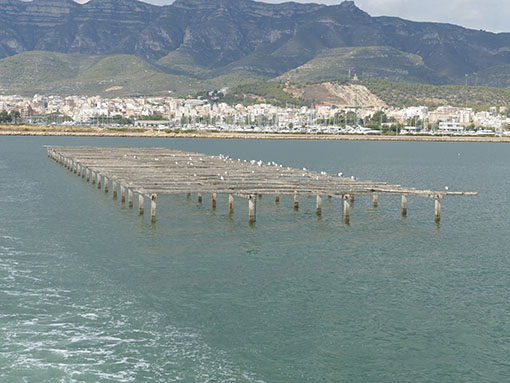
Aquaculture and the environment. Biodiversity associated with marine aqua-culture. Sustainability of marine aquaculture. Codes of conduct. Aquaculture as a tool for preserving endangered species.
The second year (60 ECTS) will allow specialization in any of these areas through the implementation of a research project and the Master’s thesis either in any of ULPGC research groups or in collaborating institutions or companies. This training period is an introduction to applied research in aquaculture to be completed before June 2026, for subsequent public defence.
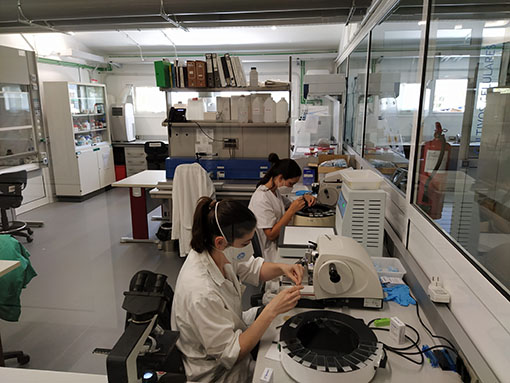
Complementary courses. Project planning, processing, interpretation and presentation of data. Optical histology techniques. Electron microscopy techniques. Fish physiology.

The Master Thesis will be a research project carried out by the student on an original subject and at any of the research groups and institutions participating or collaborating in the Master programme. Research subjects and tutors will be proposed by the Master's Study Commission. Students may also propose other subjects and tutors with a solid international scientific reputation.

Diploma of Postgraduate Specialization. At the end of the first part of the Master, participants that have successfully completed the programme and obtained 60 ECTS will receive the Postgraduate Specialization Diploma awarded by CIHEAM.
CIHEAM Master of Science Degree. CIHEAM will award the Master of Science Degree to the participants that have obtained 120 ECTS. This degree is equivalent to the official Spanish Master.
Together with the Postgraduate Specialization Diploma and Master of Science, CIHEAM issues the corresponding Diploma Supplements providing information regarding the qualification type and level, the contents of the training and results gained.
The ULPGC will award the Official Interuniversity Master’s Degree, to students that have obtained 120 credits.
 The Faculty of Marine Science of the University of Las Palmas de Gran Canaria (ULPGC) undertakes the academic organization of the Master, coordinated by the Aquaculture Research Group (GIA) of the ULPGC. This group, with over 30 years of experience in research and teaching in aquaculture, has facilities with approximately 2,500 m2 devoted to comprehensive cultivation of algae, shellfish, crustaceans and marine fish and 500 m2 of laboratories in nutrition, histology, genetics, reproduction, pathology and a workshop to prepare feeds and pellets for the fish. Having led over 120 research projects in aquaculture in collaboration with more than 30 groups from various countries and advised more than 30 companies of the sector through collaboration agreements, the experience of teaching and research of this group, their international relations and business and the adequacy of its facilities guarantee the quality for the proposed programme.
The Faculty of Marine Science of the University of Las Palmas de Gran Canaria (ULPGC) undertakes the academic organization of the Master, coordinated by the Aquaculture Research Group (GIA) of the ULPGC. This group, with over 30 years of experience in research and teaching in aquaculture, has facilities with approximately 2,500 m2 devoted to comprehensive cultivation of algae, shellfish, crustaceans and marine fish and 500 m2 of laboratories in nutrition, histology, genetics, reproduction, pathology and a workshop to prepare feeds and pellets for the fish. Having led over 120 research projects in aquaculture in collaboration with more than 30 groups from various countries and advised more than 30 companies of the sector through collaboration agreements, the experience of teaching and research of this group, their international relations and business and the adequacy of its facilities guarantee the quality for the proposed programme.
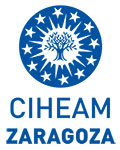 CIHEAM Zaragoza is one of the four Institutes of the CIHEAM (International Centre for Advanced Mediterranean Agronomic Studies), an intergovernmental organization created in 1962 that promotes cooperation and development across the Mediterranean in agriculture, fisheries, food and the environment. CIHEAM Zaragoza was founded in 1969, offering quality and excellence in training and promoting international cooperation through research project management based on CIHEAM Zaragoza’s five fields of expertise: Environment and Natural Resources, Fisheries and Aquaculture, Animal Production and Welfare, Plant Production, Health and Breeding and Marketing and Agrifood Systems. CIHEAM Zaragoza has become consolidated as a point of reference for specialized international training in the agro-food sector. It is located on the Campus of Aula Dei, one of the largest and most prestigious agricultural science complexes in Spain, strengthening synergies between the scientific community, firms and students. In the last 25 years, CIHEAM Zaragoza has organized numerous international courses, seminars and workshops on technical and socioeconomic aspects of aquaculture in the Mediterranean.
CIHEAM Zaragoza is one of the four Institutes of the CIHEAM (International Centre for Advanced Mediterranean Agronomic Studies), an intergovernmental organization created in 1962 that promotes cooperation and development across the Mediterranean in agriculture, fisheries, food and the environment. CIHEAM Zaragoza was founded in 1969, offering quality and excellence in training and promoting international cooperation through research project management based on CIHEAM Zaragoza’s five fields of expertise: Environment and Natural Resources, Fisheries and Aquaculture, Animal Production and Welfare, Plant Production, Health and Breeding and Marketing and Agrifood Systems. CIHEAM Zaragoza has become consolidated as a point of reference for specialized international training in the agro-food sector. It is located on the Campus of Aula Dei, one of the largest and most prestigious agricultural science complexes in Spain, strengthening synergies between the scientific community, firms and students. In the last 25 years, CIHEAM Zaragoza has organized numerous international courses, seminars and workshops on technical and socioeconomic aspects of aquaculture in the Mediterranean.
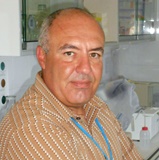
University of Las Palmas de Gran Canaria (Spain)
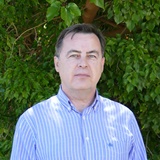
CIHEAM Zaragoza (Spain)

University of El Algarve, Faro (Portugal)
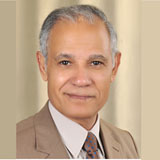
United Arab Emirates University (UAE)
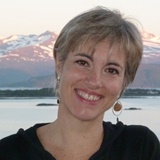
University of Las Palmas de Gran Canaria (Spain)
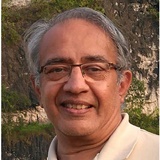
INRA, St. Pée-Sur-Nivelle (France)

University of Las Palmas de Gran Canaria (Spain)
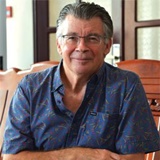
Aquatic Farms Ltd, Hawaii (USA)


The course is designed for a maximum of 20 participants who must meet the following criteria:
Higher university degree or equivalent, preferably in agronomy, veterinary sciences, biology, biotechnology and other related degrees.
Knowledge of Spanish, which will be the working language of the Master.
Most of the documentation will be in this language. Since some of the conferences and part of the teaching materials will be in English, knowledge of this language will also be valued in the selection of candidates.
The CIHEAM will organize an intensive Spanish course online between July and September 2024 for those participants who require it.
The pre-registration periods for applications for the 2024-2026 will be available at the link https://www.ulpgc.es/masteres-administracion/inicio
Interested candidates will have several pre-registration periods for university master's degrees. The first one corresponds to an early pre-registration (from February 1 to March 15) the second one corresponds to the ordinary admission phase (normally in June), and the third corresponds to the extraordinary phase (normally from September 1 to 15) only for those master's degrees in which places have been left over from the ordinary admission phase.
For further information please contact Professor Felix Acosta Arbelo (felix.acosta@ulpgc.es).
Registration fees are 1000 euro approximately per academic year.
Various public and private agencies may grant scholarships to participate in the programme. These scholarships may cover all or part of the registration fees. In https://www.ulpgc.es/becas, one can also find several calls for scholarships for postgraduate studies.
Candidates from CIHEAM member countries (Albania, Algeria, Egypt, France, Greece, Italy, Lebanon, Malta, Morocco, Portugal, Spain, Tunisia and Türkiye) may apply for scholarships. They will be awarded according to academic merit. Priority will be given to applicants for low, medium and mediun-hight income countries. Applications for these scholarships must be made before April 28, 2024 through the following address: admission.iamz.ciheam.org
Candidates from other countries who require financial support should apply directly to other national or international institutions such as the FAO, European Commission, World Bank, etc.
For the second part of the Master, students conducting their research project in a Spanish province outside Las Palmas may opt for aid through the Student Mobility Programme (Modalidad B) of the Spanish Ministry of Education. Students may also apply to Erasmus+ programme for traineeship mobility grants to other European countries.